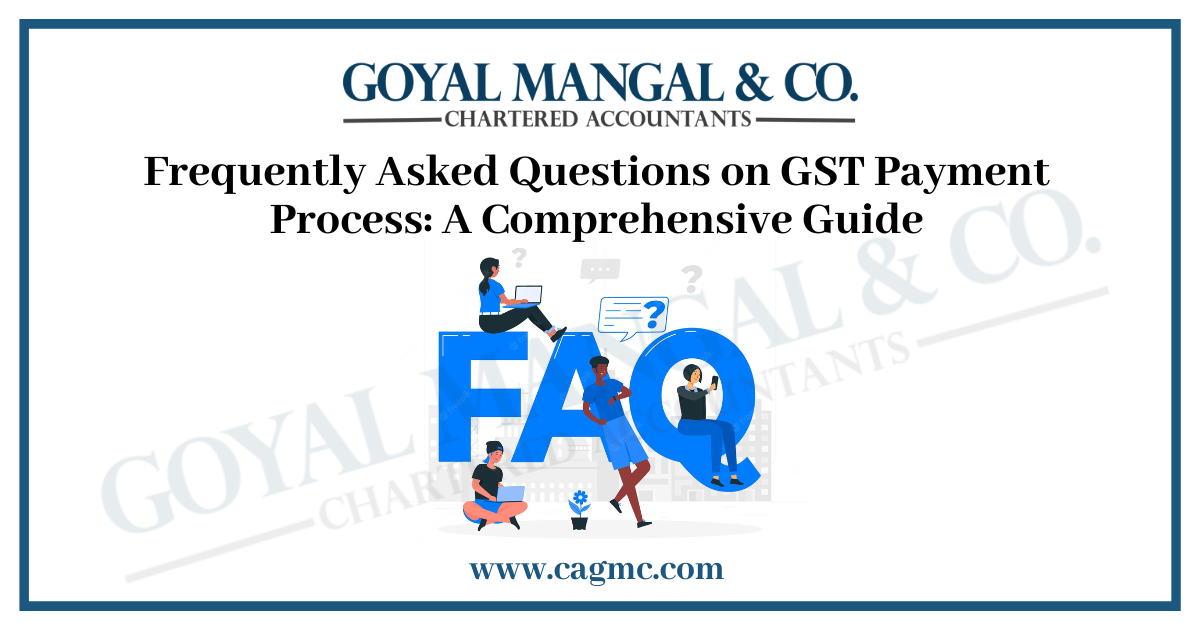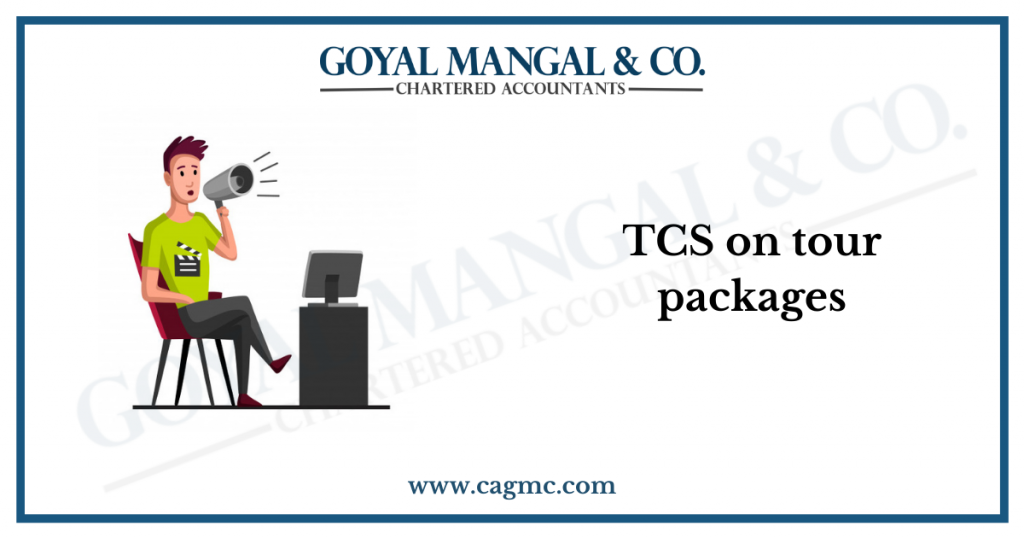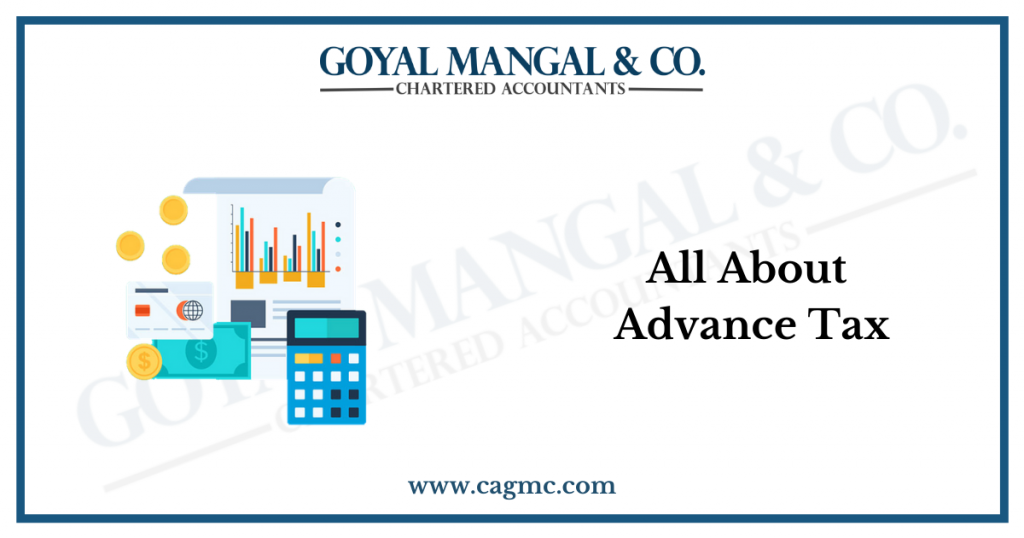
As businesses navigate the complex landscape of taxation, understanding the Goods and Services Tax (GST) payment process is necessary. GST implemented in various countries worldwide, aims to streamline the taxation system by replacing multiple indirect taxes with a unified tax structure. However, businesses often have questions and uncertainties when it comes to the payment process associated with GST. This article offers a comprehensive guide, addressing FAQ on GST Payment Process. Whether you are a business owner, a tax professional, or simply seeking information, this guide will shed light on various aspects of GST payments.
FAQ on GST Payment Process
Here are some frequently asked questions (FAQs) about the GST Payment Process:
Q.1. What is GST Payment?
GST Payment means a process of remitting the GST to the government. It includes calculating the GST liability, filing the necessary GST returns, and making payments to the designated tax authorities.
Q.2. How is GST Payment calculated?
GST payment is calculated by determining the GST liability based on the taxable supplies made during a specific period. It involves applying the applicable GST rate to the value of taxable goods or services supplied and deducting any eligible input tax credits. The resulting amount is the GST payable to the government.
Q.3. When is GST Payment due?
The due date for GST payment varies depending on the taxpayer’s category and the frequency of filing GST returns. For regular taxpayers, the payment is generally due on the 20th of the month following the tax period. However, certain categories of taxpayers, such as those under the Composition Scheme, may have different due dates.
Q.4. How can I make GST Payments?
GST payments can be made through various modes, including online methods. Some common methods include:
- Electronic Payment through Internet Banking
- Over-the-Counter Payments
- GST Portal
- Mobile Apps
Q.5. Are there any penalties for late GST Payments?
Yes, late GST payments may attract penalties and interest charges. The penalty for late payment is generally a percentage of the outstanding tax amount, and interest is charged on the delayed payment at a specified rate. It is important to pay GST on time to avoid these penalties.
Q.6. Can I adjust the excess GST paid in one period against the liability of another period?
Yes, excess GST paid in one period can be adjusted against the liability of another period. This adjustment is done by claiming the excess payment as a refund or utilizing it as a credit against future tax liabilities.
Q.7. What happens if I fail to make GST payments?
Failure to make GST payments within the due date may result in penalties, interest charges, and legal consequences. The tax authorities may initiate recovery actions, including issuing notices, imposing penalties, and even initiating prosecution proceedings in severe cases of non-compliance.
Q.8. Can I make partial GST Payments?
Generally, GST payments are expected to be made in full. However, in certain cases, such as when there are disputes or pending assessments, the taxpayer may be allowed to make partial payments with the consent of the tax authorities. It is advisable to consult with the tax department to seek clarification and guidance in such situations.
Q.9. How can I track my GST Payment status?
You can track your GST payment status through the GST portal or the online banking system if you made the payment electronically. The GST portal provides options to view payment history and generate payment acknowledgement receipts. Additionally, you can contact the GST helpdesk or customer support for assistance in tracking the payment status.
Q.10. Is there any provision for late payment interest on GST?
Yes, if GST payment is not made within the due date, interest is charged on the outstanding amount. The interest rate for late payment is prescribed by the government and is calculated from the due date until the actual payment is made. The applicable interest rate may vary depending on the specific circumstances and the tax jurisdiction.
Q.11. What are the main features of the GST payment process?
The GST payment process encompasses several features that aim to streamline tax compliance and ensure efficient collection of GST. Here are some key features of the GST payment process:
- Online Payment
- GSTIN
- Input Tax Credit
- GST Return Filing
- Due dates and Payment Frequency
- Penalty and interest
- Payment Acknowledgment
Q.12. Who is liable to pay GST?
In general, any individual, business, or entity involved in the supply of goods or services may be liable to pay GST. The specific criteria for GST liability can vary between countries, but the following are common scenarios where GST liability may arise:
- Registered Businesses
- Suppliers of Taxable Goods and Services
- Importers
- Reverse Charge Mechanism
- Composition Scheme Taxpayers
Q.13. When is GST payment to be done by the taxable person?
The due date for GST payment by a taxable person depends on the tax period and the country’s specific regulations. Generally, GST payments are made on a monthly or quarterly basis. Here are some common scenarios for the due dates of GST payments:
- Monthly Payment: In many countries, businesses with a higher turnover are required to file monthly GST returns and make monthly GST payments. The due date for monthly payments is often around the 20th of the following month. For example, the GST payable for the tax period of April would be due around May 20th.
- Quarterly Payment: Small businesses or businesses with a lower turnover may have the option to file quarterly GST returns and make quarterly GST payments. The due date for quarterly payments is usually around the 20th of the month following the end of the quarter. For example, the GST payment for the quarter ending on June 30th would be due around July 20th.


